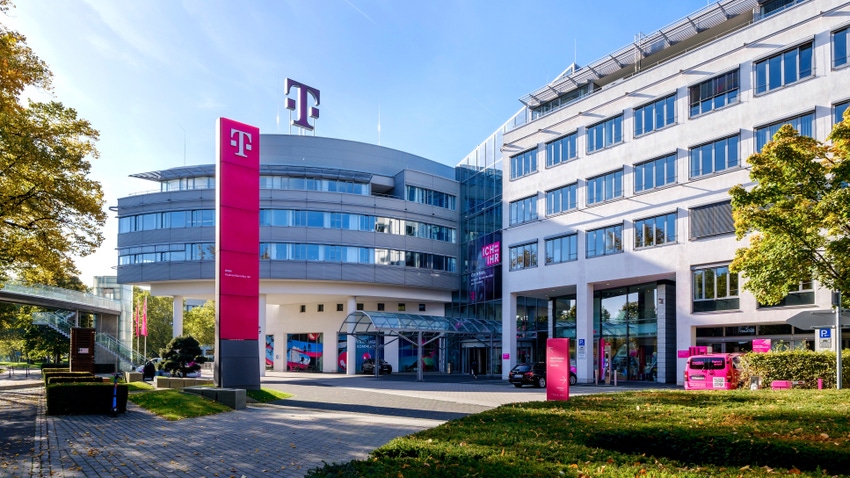Eurobites: Deutsche Telekom lands first 'Business GPT' customer
Also in today's EMEA regional roundup: Swisscom takes majority stake in Camptocamp; Telefónica renews energy-saving tie-up with Vertiv; Spotify raises prices in France in response to local tax.

Deutsche Telekom has landed its first customer for its "Business GPT" generative AI offering. UKA Group, a builder and operator of energy farms, has signed up for the service which, as its name suggests, is based on technology developed by OpenAI, the Microsoft-allied company that rose to prominence through its ChatGPT product. Deutsche Telekom says that the use of Business GPT, which was originally developed for the German operator's employees, allows UKA to retain control of its data in accordance with EU-wide and Germany-specific data protection laws.
Swisscom has taken a majority stake in Swiss IT services company Camptocamp as it seeks to increase its presence in what it describes as a rapidly growing market. Camptocamp's expertise is in the rollout of open source geo-information systems, enterprise resource planning systems and IT infrastructure management, employing around close to 200 people across Switzerland, France and Germany. Financial details of the deal have not been disclosed.
Telefónica has renewed its energy-saving agreement with Vertiv, a US-based provider of critical digital infrastructure and related technologies. Under the terms of the new agreement, Telefónica expects to save around 45GWh per annum within three years, equivalent to the energy consumption of about 13,000 homes in Spain. Vertiv has committed to introduce – guess what?! – AI to monitor data and equipment and be forewarned of potential failures, which could help extend the life cycle of the technology.
Spotify is to raise its prices in France following the government's imposition of a 1.2% tax on music streaming services, Reuters reports. The tax is meant to help support emerging artists but the Swedish company described it as misguided and said it would "simply come at the expense of listeners," who will now face the highest Spotify subscription rates in Europe.
EE, the British mobile operator owned by BT, has decided to stop using "what was your mother's maiden name?" as a security question for its customers because the answer is just too hackable. Instead, EE wants people to move to two-factor authentication. The move, which has been timed to coincide with Mother's Day on March 10, follows new research from EE that suggests two-thirds (64%) of the UK public still use their mother's maiden name as a security backstop for sensitive personal accounts such as banking and utilities.
About the Author(s)
You May Also Like




_International_Software_Products.jpeg?width=300&auto=webp&quality=80&disable=upscale)







